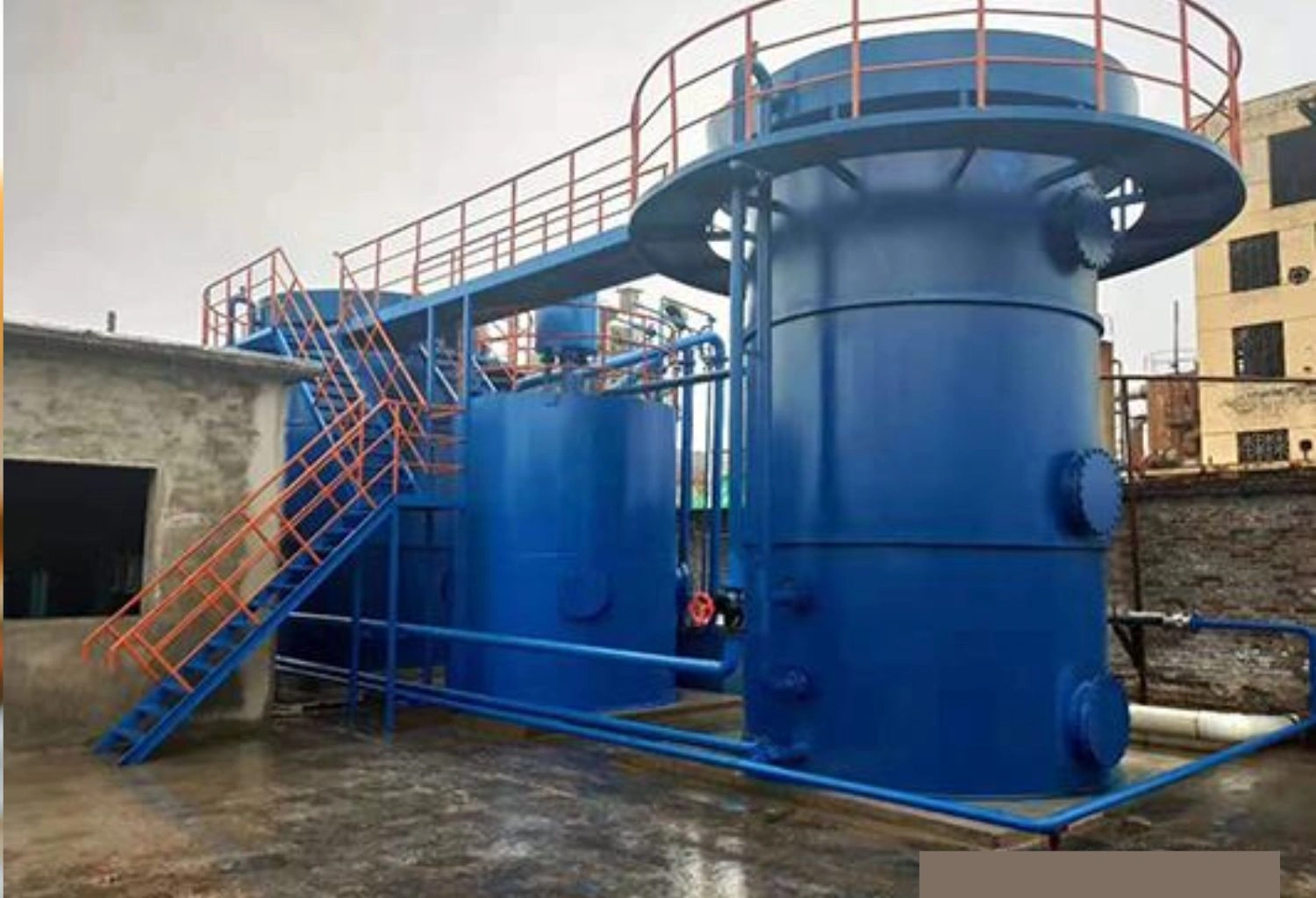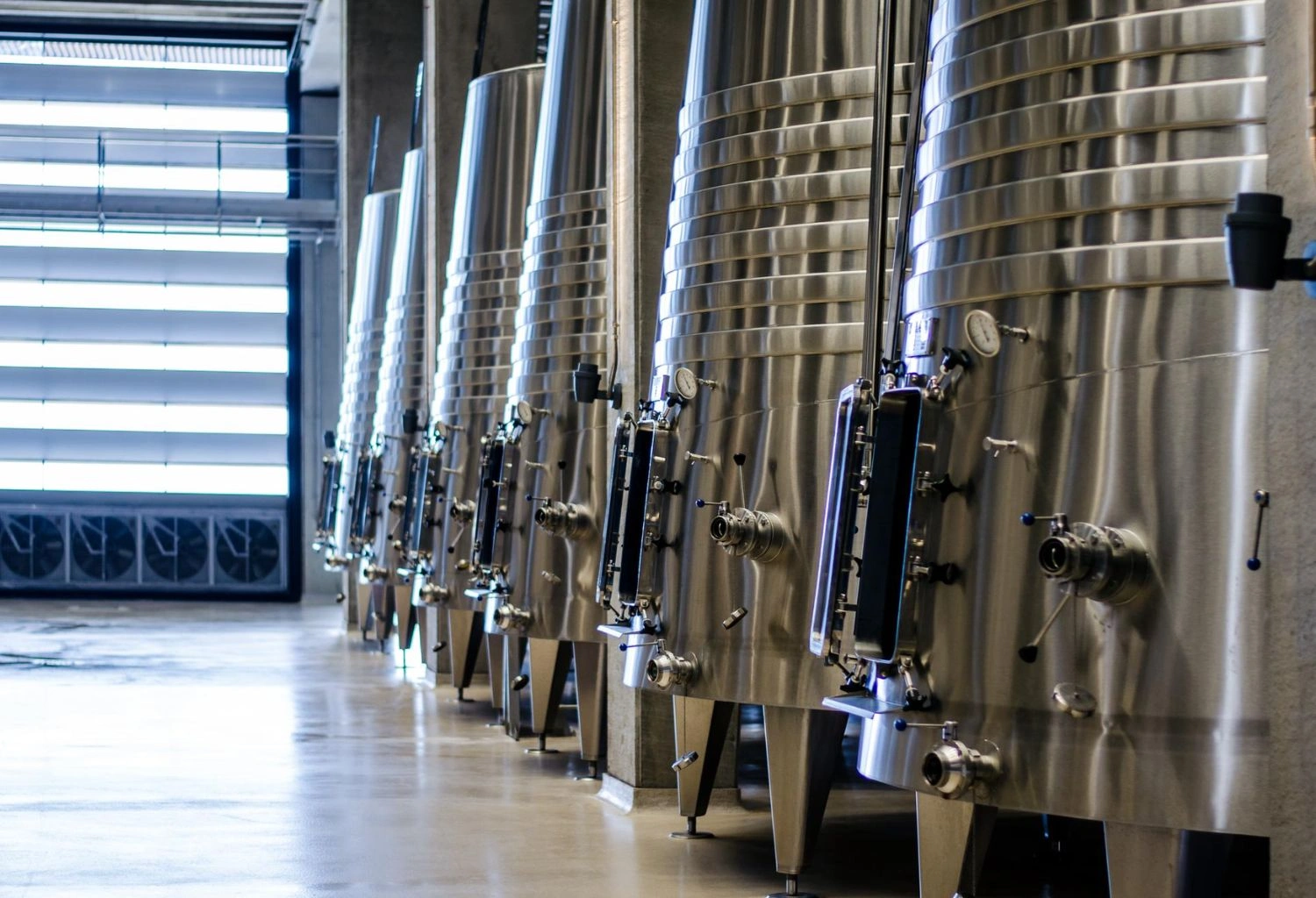The Fenton process is a powerful and cost-effective wastewater treatment method that breaks down organic pollutants using hydrogen peroxide and ferrous ions. It’s ideal for industries dealing with complex wastewaters, offering fast results, minimal sludge, and low operational costs. WCSP leads the way in implementing this process for sustainable, efficient water management.
Fenton Process for Wastewater Treatment
How does the Fenton process treat wastewater effectively?
Among wastewater treatment processes, the Fenton process is one of the most effective and commonly applied advanced oxidation processes (AOP). Utilizing a mixture of hydrogen peroxide (H₂O₂) and ferrous ions (Fe²⁺), the Fenton process generates hydroxyl radicals, which are strong oxidizing agents that degrade organic contaminants in wastewater. In this article, we’ll explore how the Fenton process works, its benefits for wastewater treatment, and how companies like Water Care Services Pakistan (WCSP) are utilizing this method for sustainable, cost-effective solutions.
What is the Fenton Process?
The Fenton process is an AOP that involves the utilization of hydrogen peroxide and iron salts (usually ferrous sulfate) to generate hydroxyl radicals (OH·). These are very reactive radicals that can easily decompose a broad spectrum of organic pollutants in water.
The Fenton process has the following general reaction:
The hydroxyl radicals (OH·) formed are very effective oxidizers, which allow them to degrade organic compounds like dyes, drugs, pesticides, and other pollutants in the wastewater. This leaves clean water that can be reused or discharged into the environment safely.
How Does the Fenton Process Work?
The Fenton process works as follows:
1. Addition of Hydrogen Peroxide and Iron Salts
Hydrogen peroxide is combined with ferrous ions (Fe²⁺) usually derived from iron salts such as ferrous sulfate. This mixture leads to the generation of hydroxyl radicals (OH·), which are the main agents for the oxidation process.
2. Oxidation Reaction
The resulting hydroxyl radicals (OH·) from the reaction are extremely oxidative and can cleave the molecular bonds in organic contaminants, degrading them into harmless products such as water and carbon dioxide.
3. Degradation of Organic Pollutants
When the hydroxyl radicals react with the organic contaminants, the pollutants are degraded and converted into simpler and less toxic compounds. The process is most effective for those chemicals that cannot be treated via normal methods.
4. Removal of Residual Contaminants
Subsequent to the oxidation process, any residual contaminants present are eliminated via secondary treatment processes such as filtration, adsorption, or biological treatment.
Advantages of the Fenton Process for Wastewater Treatment
The Fenton process has some benefits of wastewater treatment as:
1. Extremely Efficient for Organic Contaminants
The Fenton process is especially efficient in treating organic contaminants like dyes, phenols, pesticides, and pharmaceutical wastewaters, which are usually recalcitrant to conventional treatment processes.
2. Low Operating Cost
Unlike other advanced oxidation processes, the Fenton process is quite cheap to run. The reagents used (hydrogen peroxide and iron salts) are cheap and readily accessible.
3. High Reaction Rate
The Fenton process has a fast rate of operation, a factor that makes it ideal for industrial applications where large quantities of wastewater must be treated within a short time.
4. Low Sludge Production
Unlike most traditional treatment methods, the Fenton process produces little sludge, lessening the requirement for expensive sludge disposal and treatment.
5. Eco-Friendly
Since the Fenton process employs hydrogen peroxide, a naturally occurring compound that breaks down into water and oxygen, it is an eco-friendly method with little negative effect on ecosystems.
Applications of the Fenton Process in Wastewater Treatment
Fenton process is adaptable and has been effectively utilized to treat a broad array of wastewater types from numerous industries. Some of the widespread applications are:
1. Textile Industry
The Fenton process in the textile industry treats wastewater with dyes and other chemicals that prove challenging to degrade using conventional treatment methods.
2. Pharmaceutical Industry
The pharmaceutical industry generates wastewater with a wide range of organic compounds, including pharmaceutical drugs and solvents. The Fenton process is highly effective at breaking down these pollutants.
3. Pulp and Paper Industry
The pulp and paper industry produces wastewater with high levels of organic contaminants, including lignin and other by-products. The Fenton process can efficiently degrade these substances.
4. Chemical Manufacturing
Chemical processing plants tend to produce wastewater containing a range of organic chemicals. This wastewater can be treated using the Fenton process, decomposing dangerous chemicals into more benign chemicals.
Filling Machines
How WCSP Uses the Fenton Process
Water Care Services Pakistan (WCSP) is one of the top suppliers of wastewater treatment services, and they implement the Fenton process in their treatment facilities for various industries in Pakistan. Through the use of the Fenton process, WCSP can offer businesses with eco-friendly, efficient, and cost-effective solutions to treat wastewater.
WCSP’s skilled professionals design and install specially tailored wastewater treatment systems that incorporate the Fenton process in combination with other state-of-the-art technologies to deliver the optimum results for their clients. The process is especially useful for industries that handle organic contaminants that are hard to treat with conventional processes.
Conclusion
The Fenton process is an extremely effective process for wastewater treatment, particularly for treating organic pollutants that are hard to treat with conventional treatment methods. Its benefits of low operating cost, quick response time, and low sludge production make it a perfect option for most industries. With businesses under mounting pressure to embrace green practices, technologies like the Fenton process help as a clean and efficient option. Companies like Water Care Services Pakistan (WCSP) are leading the way in implementing this new approach to cater to the ever-rising demand for advanced water treatment solutions.
Frequently Asked Questions (FAQs)
1. What is the Fenton process for wastewater treatment?
The Fenton process is an advanced oxidation technique that uses hydrogen peroxide (H₂O₂) and ferrous ions (Fe²⁺) to generate hydroxyl radicals (OH·), which break down organic contaminants in wastewater.
2. How does the Fenton process work?
Hydrogen peroxide and iron salts react to produce hydroxyl radicals that oxidize organic pollutants, converting them into harmless compounds like water and carbon dioxide, leaving clean water for discharge or reuse.
3. What are the benefits of the Fenton process in wastewater treatment?
The Fenton process is efficient, low-cost, produces minimal sludge, and is eco-friendly. It effectively treats organic pollutants that are resistant to conventional methods, ensuring a higher rate of degradation.
4. Which industries use the Fenton process?
Industries such as textiles, pharmaceuticals, pulp and paper, and chemical manufacturing use the Fenton process to treat wastewater containing difficult-to-degrade organic pollutants like dyes, drugs, and solvents.
5. Why is the Fenton process effective for organic pollutants?
The hydroxyl radicals produced in the Fenton process are highly reactive and can efficiently break down complex organic compounds, such as dyes, phenols, and pharmaceutical residues, which are often resistant to traditional treatments.
6. What are the operational costs of the Fenton process?
The Fenton process is cost-effective because it uses inexpensive and readily available reagents—hydrogen peroxide and ferrous salts—which significantly lower the operational expenses compared to other advanced oxidation methods.
7. How fast is the Fenton process in treating wastewater?
The Fenton process operates quickly, making it ideal for industries that need to treat large quantities of wastewater within a short time. Its fast reaction rate accelerates the oxidation of pollutants.
8. Is the Fenton process environmentally friendly?
Yes, the Fenton process is eco-friendly as it uses hydrogen peroxide, which decomposes into water and oxygen. It also produces minimal sludge, reducing the environmental impact compared to other treatment methods.
9. Does the Fenton process produce sludge?
Unlike many traditional methods, the Fenton process produces minimal sludge. This reduces the need for expensive sludge disposal, making it a more sustainable option for wastewater treatment.
10. How does Water Care Services Pakistan (WCSP) use the Fenton process?
WCSP integrates the Fenton process into customized wastewater treatment systems for various industries in Pakistan, offering cost-effective, efficient, and eco-friendly solutions for treating organic pollutants in industrial wastewater.



